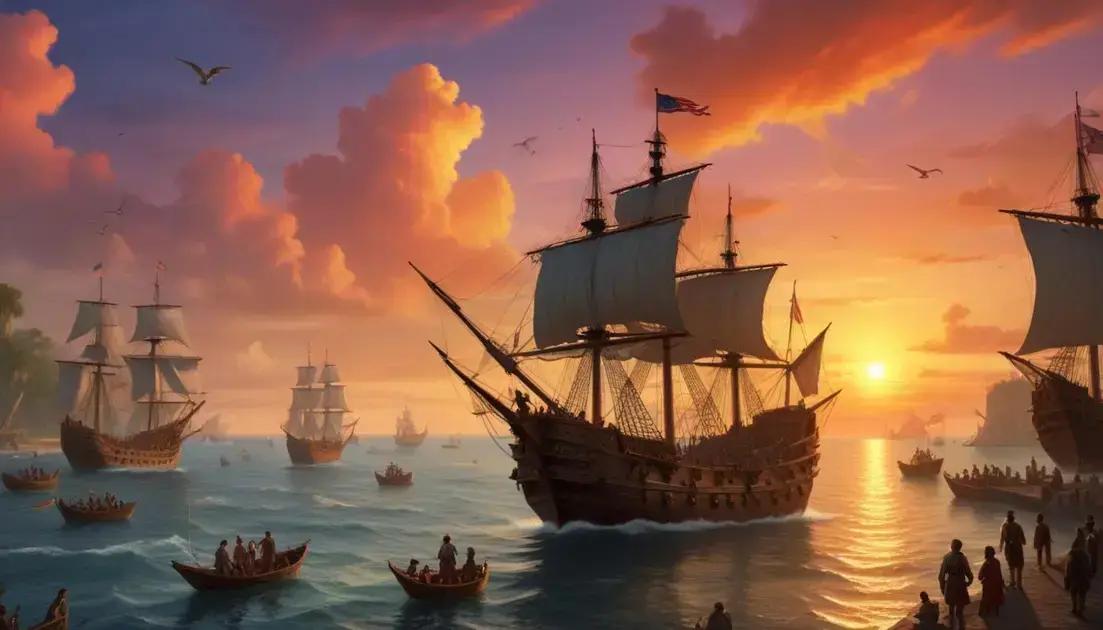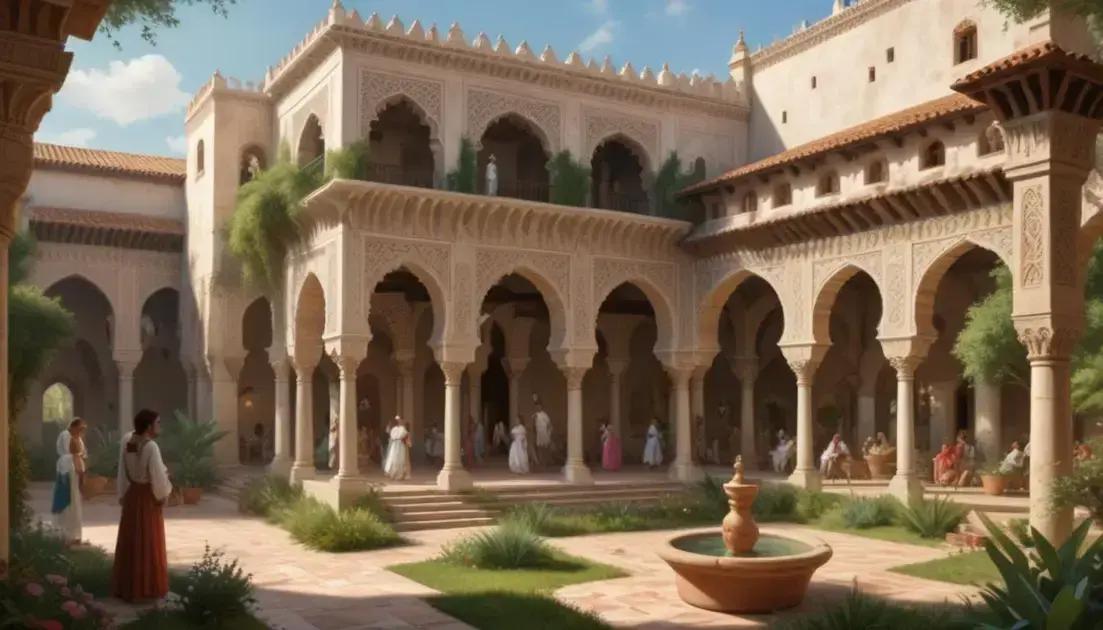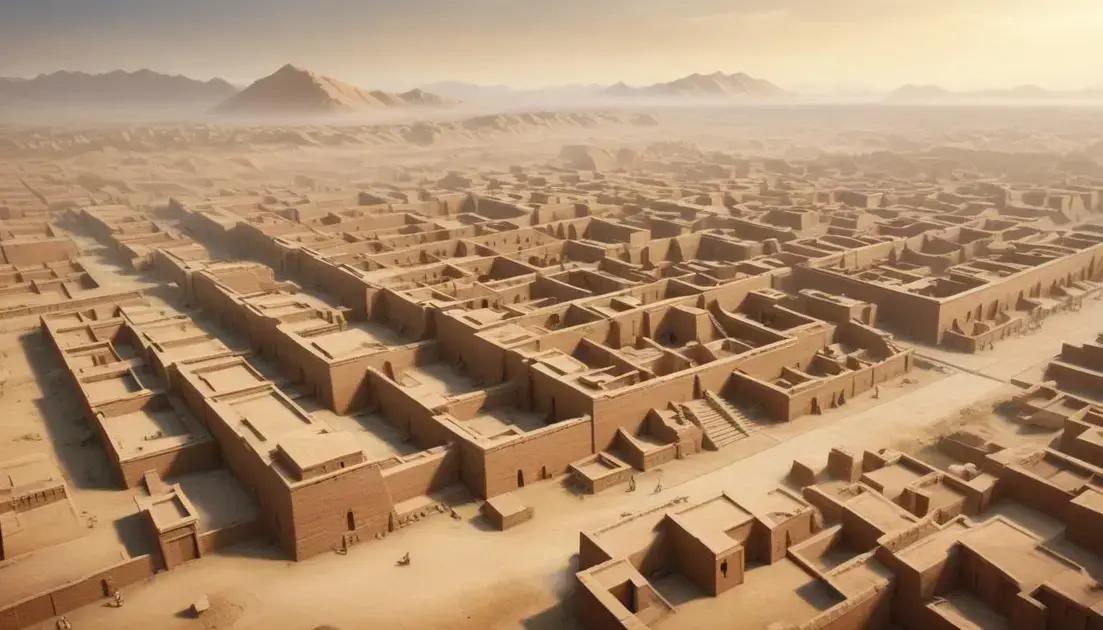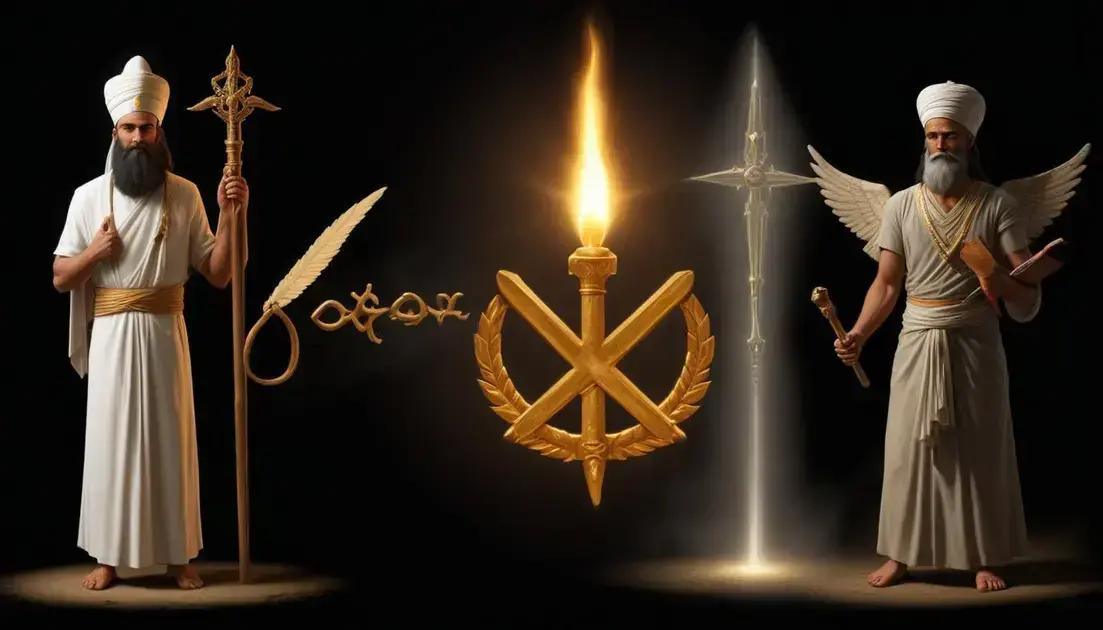
1492: Christopher Columbus and the “New World”
The legacy of Columbus remains a topic of intense debate, highlighting both his role as an explorer and the negative impact of his voyages on indigenous peoples. While some celebrate his discoveries, many emphasize the consequences of colonization, including the suffering endured by native communities. This historical discussion prompts critical reflection on how we view Columbus today, encouraging a more nuanced understanding of exploration and its effects on cultures across the Americas.
In 1492, Columbus made an incredible journey that would change history forever. What began as a quest for spices led to the exploration of new worlds and uncharted territories. Curious about how that journey unfolded? Let’s dive in!
The Arrival of Columbus
On October 12, 1492, Columbus arrived in the Bahamas. His ships, the Niña, the Pinta, and the Santa María, sailed across the ocean for weeks. The sight of land brought cheers from the crew. They were not sure what to expect.
Columbus thought he found a new route to Asia, but what he discovered was much more significant. The islands were inhabited by the Taíno people. They welcomed Columbus and his crew with kindness.
The arrival of Columbus marked the beginning of contact between Europe and the Americas. This meeting would change both worlds forever. Columbus’s first landing sparked curiosity and adventure but also led to challenges for the indigenous people.
Columbus and his men explored the islands, looking for gold and other riches. They were eager to share news of their discoveries with Spain. Columbus claimed the islands for Spain, believing he had fulfilled his mission.
Within days, the relationships between the explorers and the native peoples began to shift. While some encounters were friendly, others turned tense. Different cultures met, and misunderstandings often followed.
The Impact of Columbus’s Arrival
Columbus’s arrival is a key moment in history. It opened the door to further exploration and conquest. Soon, more European explorers would come, leading to significant changes for native populations.
This period brought both new opportunities and great hardships for indigenous people. Historically, Columbus’s journeys sparked debate that continues today.
Impact on Indigenous Peoples
The arrival of Columbus in 1492 had a huge impact on the indigenous peoples. The Taíno and other native groups met explorers with curiosity. They did not know that Columbus’s journey would lead to many changes.
At first, relationships were friendly. The Taíno shared food and gifts with the new arrivals. However, as time passed, the situation grew tense. Columbus and his men wanted gold and land.
This desire for riches led to conflicts. The Spanish imposed their rules and took control of the islands. Many natives faced violence and suffered from new diseases. These diseases were deadly and spread quickly.
Many indigenous peoples lost their lives or were forced to flee their homes. The cultural impact was also significant. Traditional ways of life began to fade.
Columbus’s arrival marked the start of a long history of colonization. This colonization changed life for many communities forever. Today, the legacy of these events remains a topic of discussion and reflection.
The Resistance of Indigenous Peoples
Despite the challenges, many indigenous tribes fought back. They resisted against Spanish rule in various ways. Some tried to maintain their cultures and traditions, while others formed alliances.
Stories of bravery and resilience are still remembered today. This history helps us understand the complex past of the Americas. It’s important to recognize the impact Columbus had on indigenous populations.
The Age of Exploration
The Age of Exploration began in the late 15th century. This was a time when many Europeans searched for new lands. They wanted to find trade routes and riches, and Columbus was a key figure.
Explorers sailed the oceans in search of adventure. They discovered new continents, including North and South America. This age changed how people viewed the world.
Countries like Spain and Portugal led the charge. They sent out ships full of brave sailors. These sailors faced unknown waters and dangers. Many ships never returned home.
During this time, explorers mapped the seas and lands. They brought back stories and things that amazed those back home. People were excited by tales of gold, spices, and new cultures.
The Age of Exploration wasn’t just about discovery. It also led to colonization. Countries claimed new lands, which changed life for indigenous peoples. Many were forced to adapt to new rulers and ways of living.
Impact on Trade and Culture
This era opened doors for trade. New goods like tobacco, sugar, and cotton were introduced. These products changed economies in Europe and across the Americas.
As cultures met, they shared ideas, foods, and traditions. However, this exchange wasn’t always fair. Many native communities suffered as outsiders took control.
The Age of Exploration is seen as a turning point. It set the stage for modern globalization. The world became more connected, but it also faced new challenges.
Legacy of Columbus
The legacy of Columbus is complex and debated. Some see him as a brave explorer. Others view him as a figure of colonialism. His voyages marked a major turning point in history.
Columbus’s journeys led to European awareness of the Americas. This changed global trade, culture, and politics forever. The exchange of goods and ideas began a new era.
However, his arrival also brought suffering to many indigenous peoples. Colonization led to the loss of land and lives. Many native cultures faced extinction.
Each year, Columbus Day is celebrated in some parts of the world. This holiday highlights his accomplishments but can also spark controversy. Some communities choose to celebrate Indigenous Peoples’ Day instead.
Today, discussions about Columbus challenge us to think about history. They remind us to consider multiple perspectives. This helps us understand the impact of exploration and colonization.
Reexamining Columbus’s Impact
In recent years, many schools and organizations have reexamined Columbus’s legacy. They raise awareness of the cultures that existed before his arrival. Recognizing these histories is crucial to honor indigenous peoples.
Overall, Columbus’s legacy is a mix of discovery and controversy. His actions shaped the world, but they came with heavy costs.
Historical Debates about Columbus
Historical debates about Columbus focus on his actions and their consequences. Some people celebrate his voyages, seeing him as an explorer. Others argue he brought suffering to indigenous peoples.
These discussions often center on colonization’s impact. Columbus opened the door to European dominance in the Americas. This led to the displacement and death of many native communities.
People discuss how history is told. Is it fair to call Columbus a hero? Many believe we should consider the full story. They ask us to remember the voices of those who suffered.
Columbus Day is a key point in these debates. Some areas celebrate the day, while others replace it with Indigenous Peoples’ Day. This reflects a shift in how society views history.
Education plays a big role in these debates. Schools often teach different perspectives on Columbus’s legacy. Sharing multiple viewpoints helps students understand history better.
The Importance of Perspective
Understanding Columbus’s legacy requires looking at it from multiple angles. It’s key to recognize the effects of exploration on native cultures. This approach enriches discussions and promotes empathy.
By engaging in these debates, we can learn and grow. History is not just about the past; it shapes our present and future.
Conclusion
In conclusion, the discussions about Columbus’s legacy highlight the importance of understanding history from different perspectives. While some view him as a brave explorer, others see the struggles faced by indigenous peoples as a critical part of the story. Recognizing both the achievements and the consequences of his voyages is essential.
These debates remind us that history shapes our present and future. By exploring multiple viewpoints, we foster empathy and learning. It’s crucial not just to celebrate discovery but also to acknowledge the impact it had on native cultures.
Ultimately, learning about Columbus’s legacy helps us make sense of our world today. It encourages us to think critically about history and its truths. Engaging in these conversations is important as we seek a more inclusive understanding of our past.


